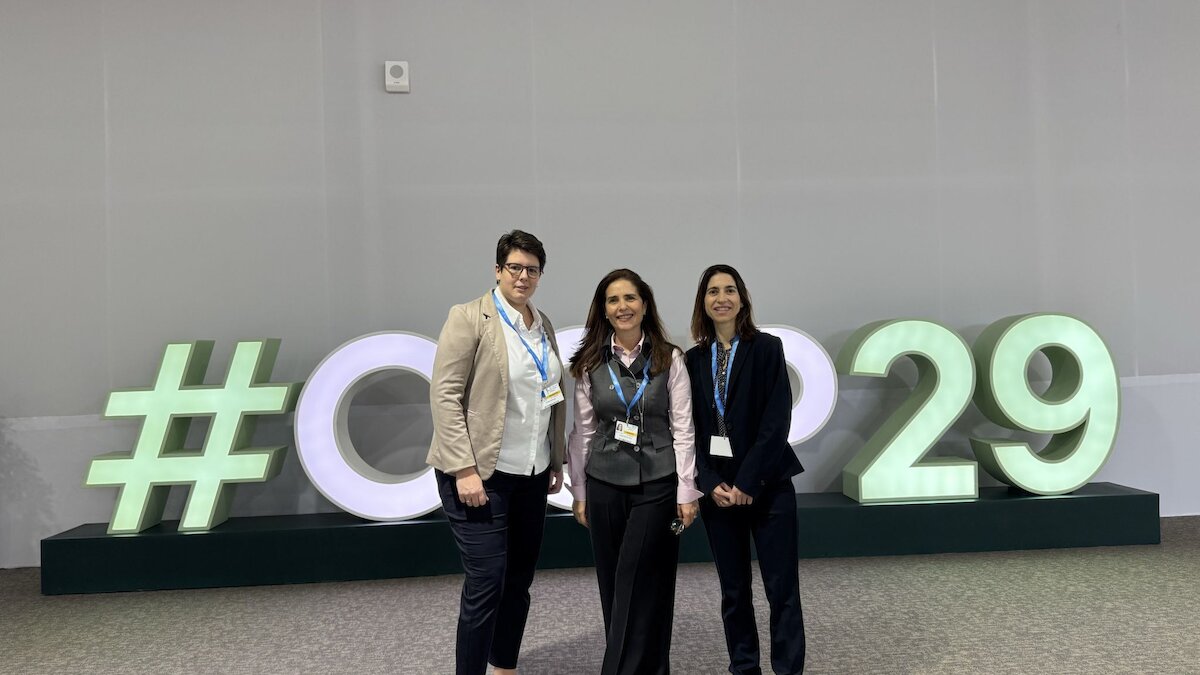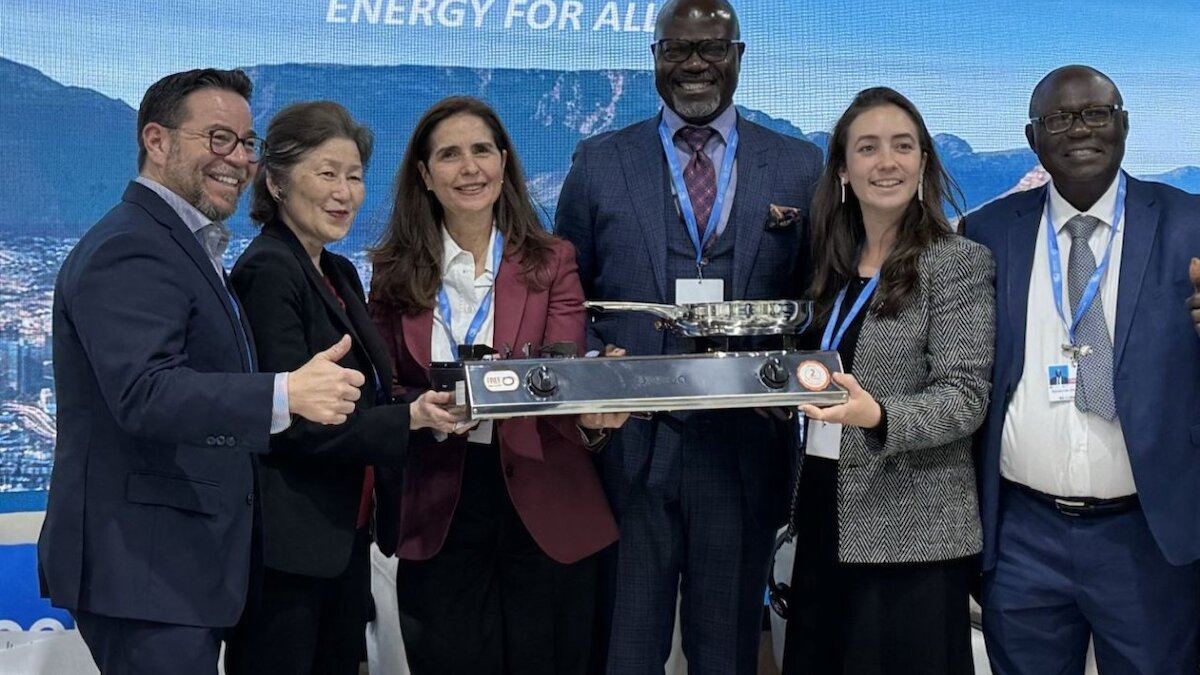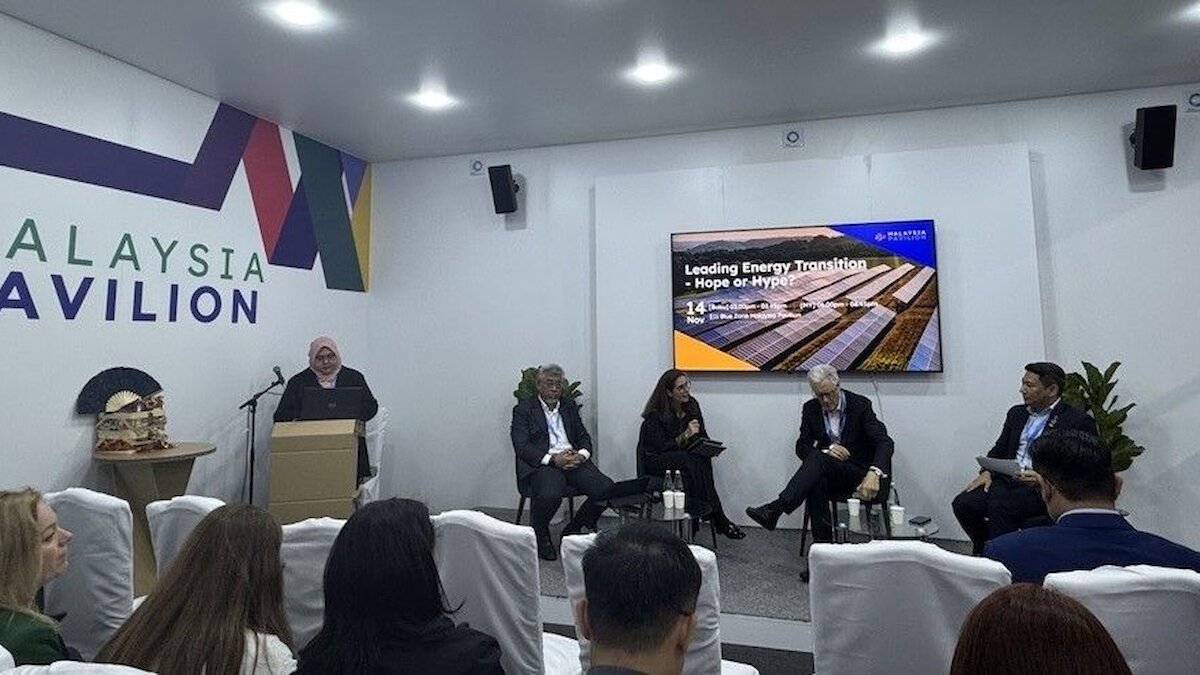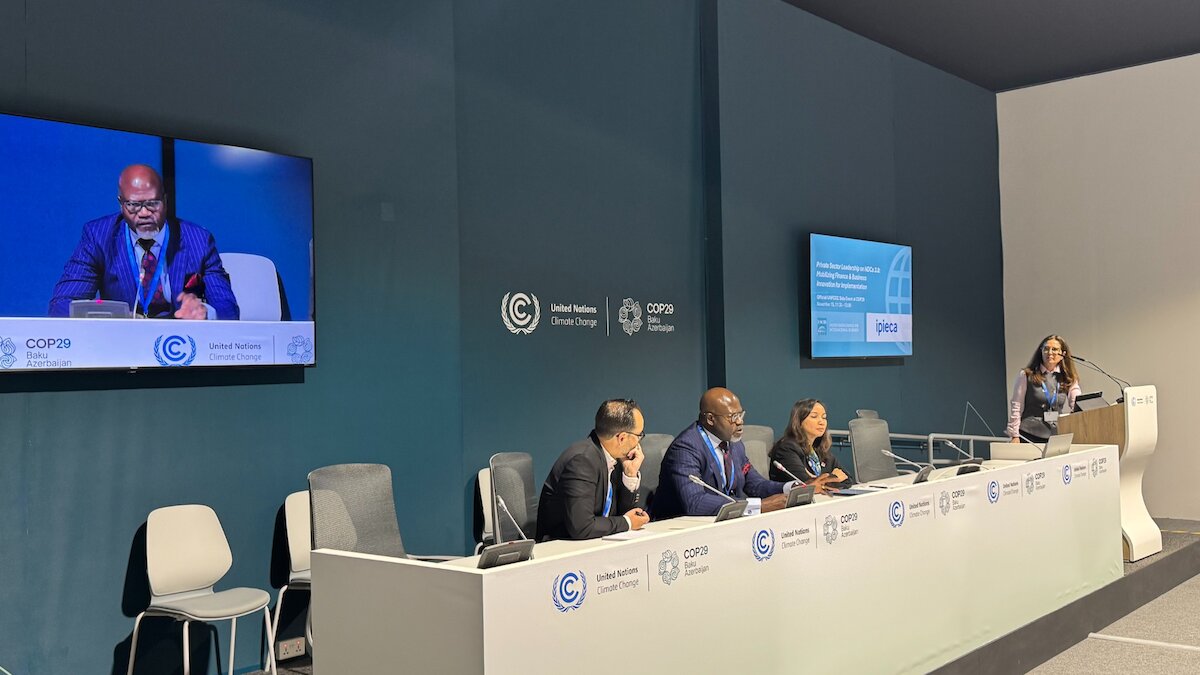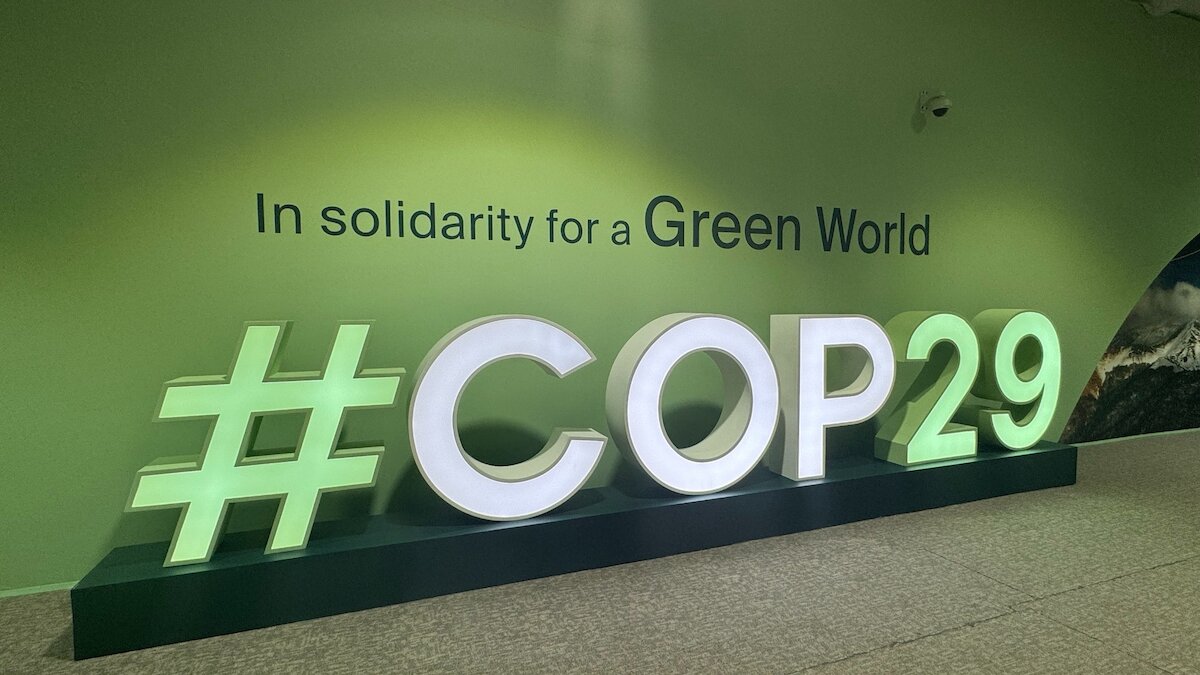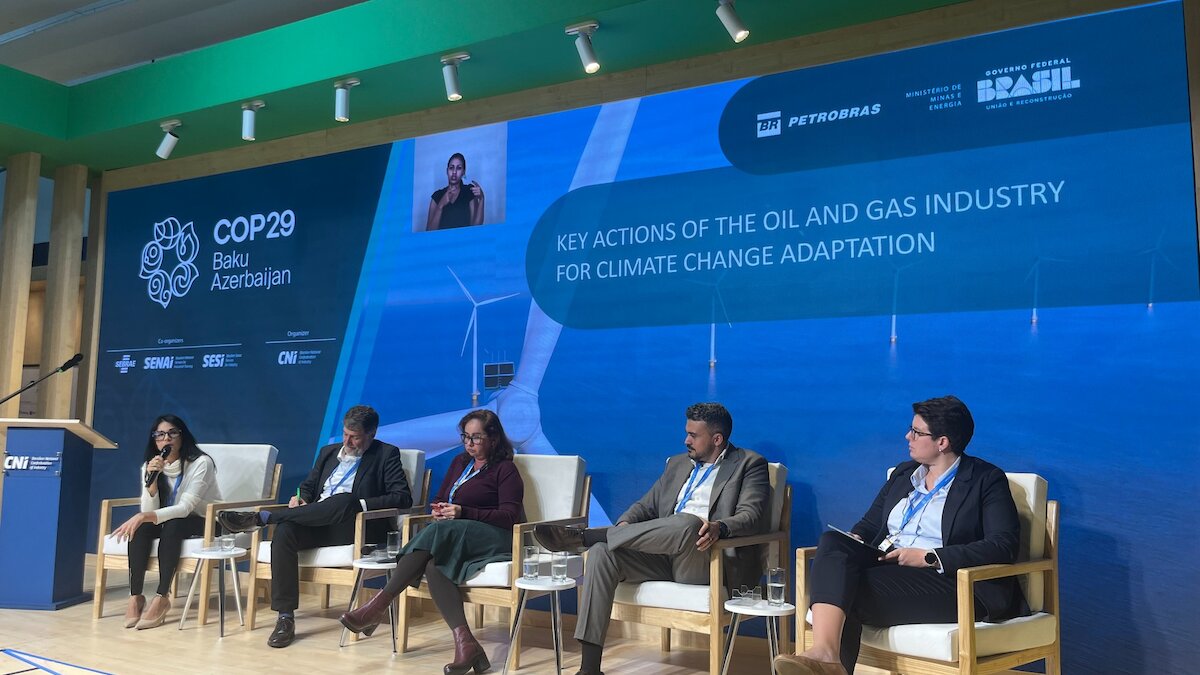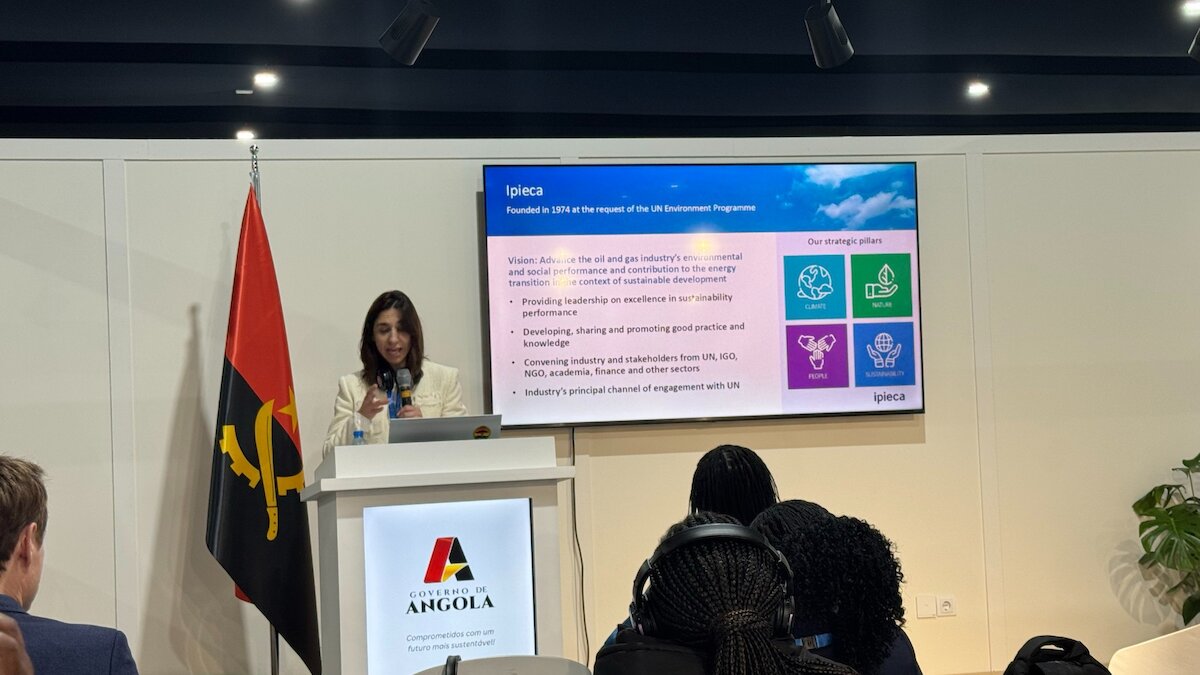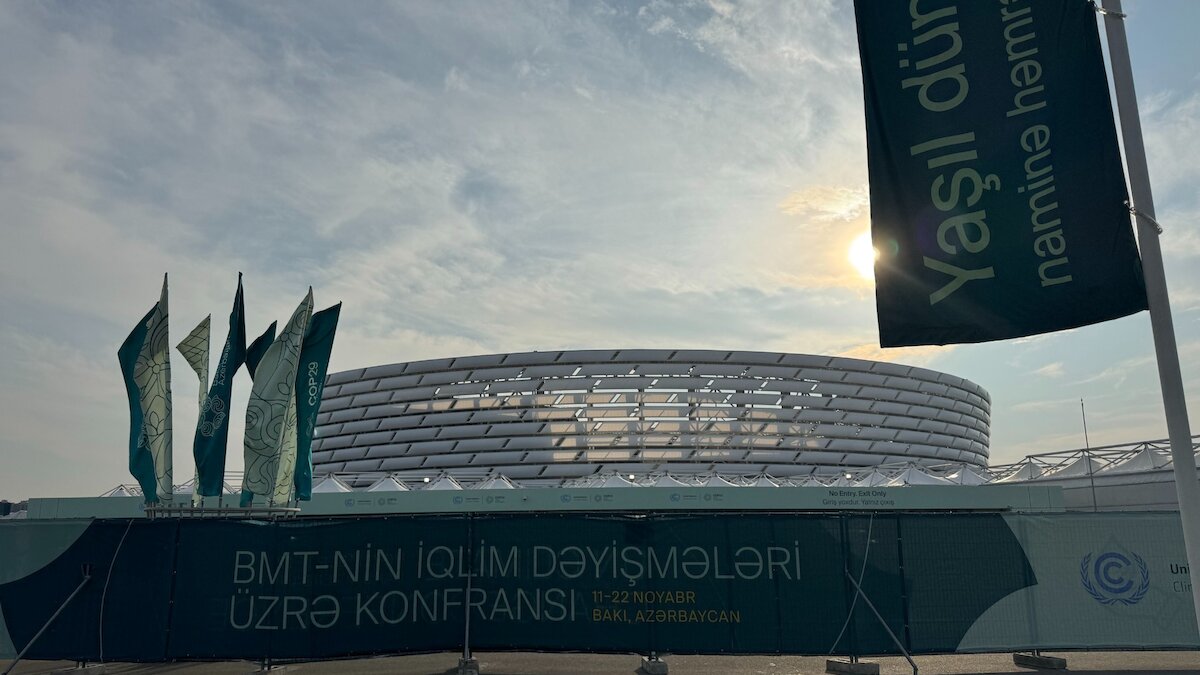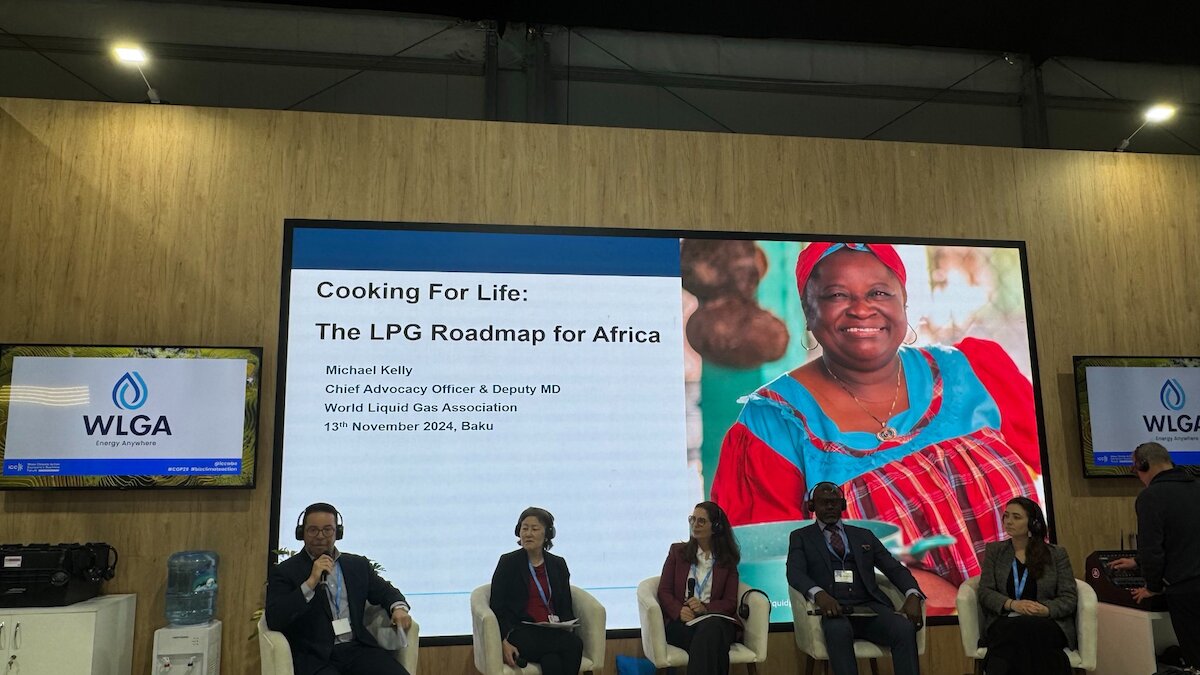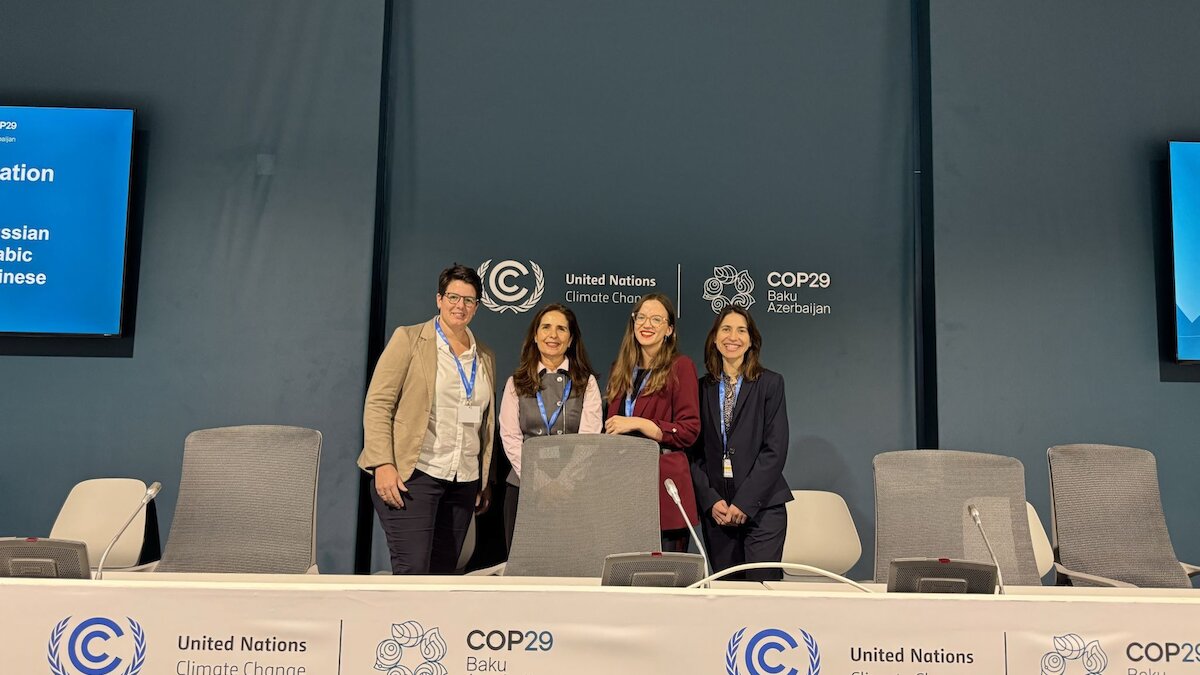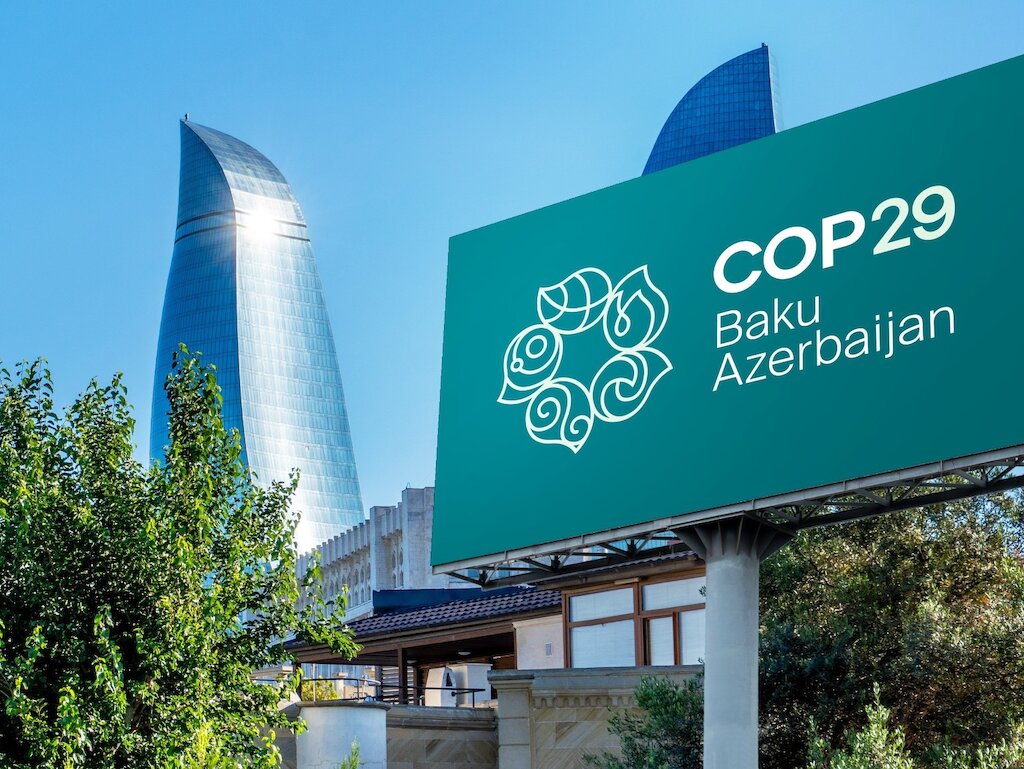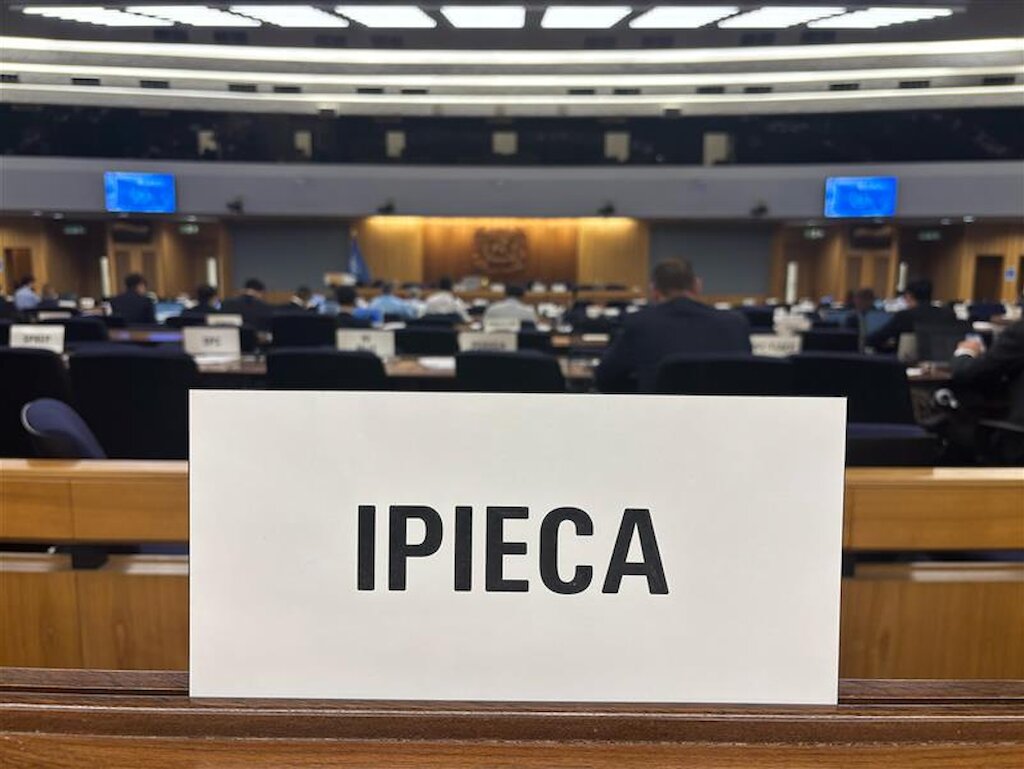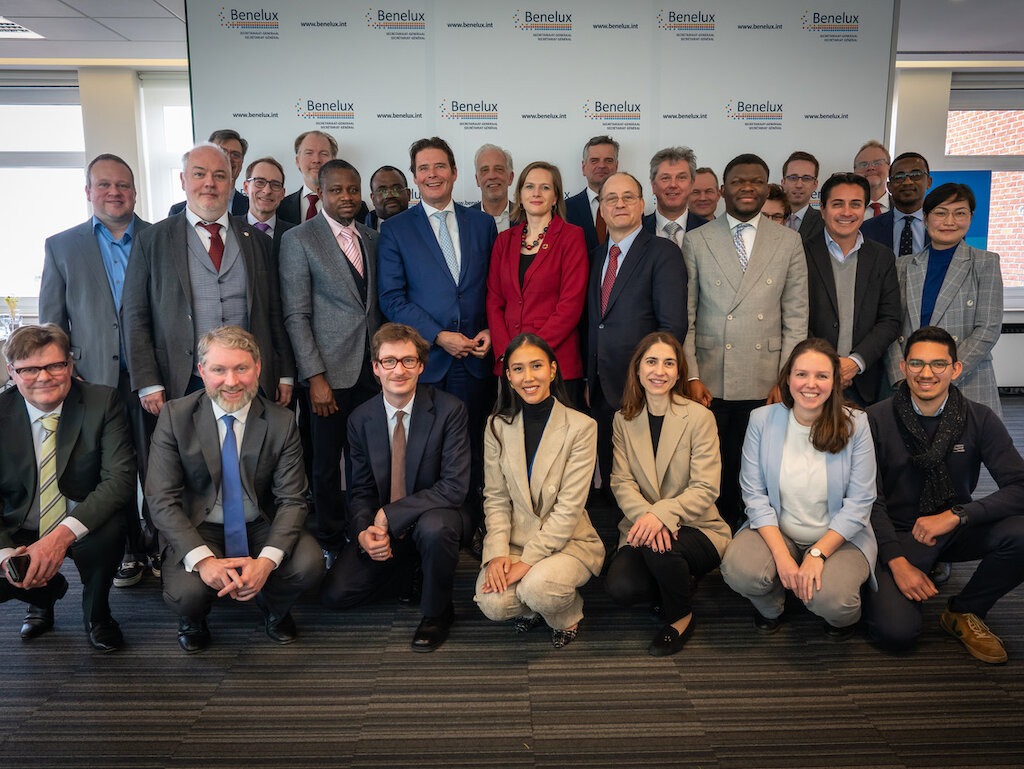COP29 took place from 11 to 22 November in Baku, Azerbaijan, and given its focus on climate finance, was widely referred to as a ‘Finance COP’.
One of Ipieca’s key roles is to raise awareness and support for UN conventions, with support of the Paris Agreement being the first of the Ipieca Principles, a condition of membership. As a non-lobby organization, with UNFCCC observer status, Ipieca attends COP events to:
- Listen to negotiations – aligned with our non-lobby status Ipieca does not take part in negotiations
- Raise awareness and support for COP outcomes
- Integrate COP objectives into our workstreams and guidance
Key outcomes from COP29
The New Collective Quantified Goal on Climate Finance
The NCQG – the successor to the 2009 pledge by developed countries to provide USD 100 billion annually by 2020 to support developing countries' climate adaptation and mitigation efforts – was widely viewed as the top negotiating priority for COP29.
COP29 delivered an NCQG agreement that will:
- Triple finance to developing countries, from the previous goal of USD 100 billion annually, to USD 300 billion annually, by 2035
- Through the Baku to Belém Roadmap aim to secure efforts of all actors to work together to scale up finance to developing countries, from public and private sources, to USD 1.3 trillion per year by 2035
Article 6 of the Paris Agreement
After almost a decade of work, parties agreed how carbon markets will operate under the Paris Agreement, with Article 6.2 on country-to-country trading and Article 6.4 relating to standards on a UN centralised international carbon market signed off on, marking the completion and full operationalisation of Article 6.
Updates to Nationally Determined Contributions (NDCs)
While countries are expected to submit updated NDCs by February 2025, many countries submitted enhanced NDCs during COP29, with Brazil, the UAE and the UK all setting ambitious new climate targets for 2035.
A group of carbon neutral countries, Bhutan, Madagascar, Panama and Suriname launched the G-ZERO forum at COP29.
These updates reflect a strong commitment to the goals of the Paris Agreement and the urgency of keeping global warming within 1.5°C.
Climate adaption
One key outcome from COP29 was the establishment of a support programme for the implementation of national adaptation plans for developing countries.
A work programme was put in place for the indicators for the Global Goal on Adaption, which includes broad global adaptation goals and key areas for action. The indicators will support countries to set targets and measure progress on the Global Goal on Adaption.
COP29 also launched the Baku Adaptation Road Map in support of the UAE Framework for Global Climate Resilience, as part of the UAE Consensus.
Transparency
Transparent climate reporting made big strides forward in Baku, building a stronger evidence base to strengthen climate policies over time, and helping to identify financing needs and opportunities. To date, 13 Parties have now submitted their first Biennial Transparency Reports (BTR) – due from all Parties by the end of the year: Andorra, Azerbaijan, the European Union, Germany, Guyana, Japan, Kazakhstan, Maldives, Netherlands, Panama, Singapore, Spain and Turkey. The BTR is a key part of the Paris Agreement’s Enhanced Transparency Framework, which requires countries to report on actions and progress in addressing climate change.
Indigenous Peoples and local communities
The Baku Workplan was adopted, which aims to increase the involvement of Indigenous Peoples and local communities in climate action. It focuses on three areas: promoting knowledge exchange, building capacity for engagement and incorporating diverse values and knowledge systems into climate policies and actions.
Ipieca COP29 events: key messages related to supporting a just transition
At COP events, Ipieca organizes its own events and participates in other organizations’ events focused on driving cross-sector action to support a net-zero future, that cares for all people and nature.
Official UNFCCC side event: ‘Private sector leadership on NDCs 3.0: mobilising finance and business innovation for implementation’
Ipieca co-hosts with USCIB.
- NDCs should go hand in hand with national development plans
- NDCs should also focus on matching industry actions and their opportunities with financing projects
- Finance is key for climate and nature positive initiatives
- Business can redefine value beyond profits to also include benefits to local communities, workforces and nature
- Ramping up demand is crucial to improve the bankability of hundreds of announced green industrial projects and products globally
- Standardisation of measuring impact is key to promote and align actions from business
Malaysian Pavilion: 'Malaysia's energy transition. Hope or hype?'
Ipieca speaker: Isabel Miranda, Sustainability and Social Performance Director
- With its abundant natural resources and a strong connection between government and national companies, Malaysia has great opportunities to turn its net-zero ambitions into reality
- New energies can benefit communities, workers, energy consumers and the country’s overall economic situation, as well as contributing to the global energy transition targets
- To ensure that Malaysia’s transition is just and fair:
- Support the workforce who lose their jobs
- Respect the rights of workers in new lower-carbon businesses
- Provide workers with training opportunities and offering career development opportunities
- Pay attention to labour rights issues in the supply chains to these new businesses
Angolan Pavilion: ‘The role of Carbon offsets in Angola NOC emissions mitigation as a means of supporting the achievement of net zero emissions’
Ipieca speaker: Lorena Perez Bajo, Climate Director
- Carbon-compensated products can enable businesses to extend mitigation action beyond their value chains, thus contributing to achieving the climate goals of the Paris Agreement and maximising benefits for people and the environment.
- Ipieca members support the use of carbon compensated products that align with the GHG emissions mitigation hierarchy. Priority is given to avoiding and reducing emissions within the product value chain. The use of carbon offsets is a last-resort solution to compensate for residual GHG emissions. Where emissions are unavoidable, high-quality offsets should be used, and offsetting strategy should be regularly revised as best practice evolves.
- Offsets used for carbon-compensated products should be verified by well-recognized, independent international or national carbon standards and transparently accounted for.
- Collaboration is essential to get its full potential. The oil and gas industry can play an important role in catalysing these developments by working in collaboration with governments, project developers and project verifiers.
Brazilian Pavilion: ‘Key aspects of climate change adaptation and the role of oil and gas industry’
Ipieca Speaker: Ulrike Schopp, Chief of Staff
- While adaptation and dealing with the impacts of climate change is very important, we must also continue to make progress on tackling its causes.
- In the oil and gas industry, climate change adaptation and resilience are essential for companies to manage the impacts of climate change on operations and assets.
- It is important to approach adaptation holistically across climate, nature and people. In the case of climate adaptation, healthy ecosystems can act as buffers against the worst extremes of climate change, while natural climate solutions represent a large, readily available option for reducing greenhouse gas emissions, which can also benefit nature and local communities. However, ecosystems are in turn affected by climate change.
WLGA hosted panel: ‘Clean cooking’
Ipieca speaker: Isabel Miranda, Sustainability and Social Performance Director
- Over 2.3 billion people globally still lack access to clean cooking, relying instead on traditional methods that harm health, contribute to gender inequality, and intensify environmental degradation – solving this challenge would have an immediate benefit on almost all the SDGs.
- The transition should reflect regional trends and needs for supporting economic development, energy access and decarbonisation of energy consumption.
- There is no ‘one size fits all’ approach to achieving a just transition to NZE. Each region will take its own approach, depending on levels of economic development, availability of energy sources and population energy needs, amongst other factors.
- A just transition includes an understanding that countries will choose what is best suited to their particular circumstances.
- Energy access is key if a net-zero future is to go hand in hand with sustainable development and fair growth for all.
